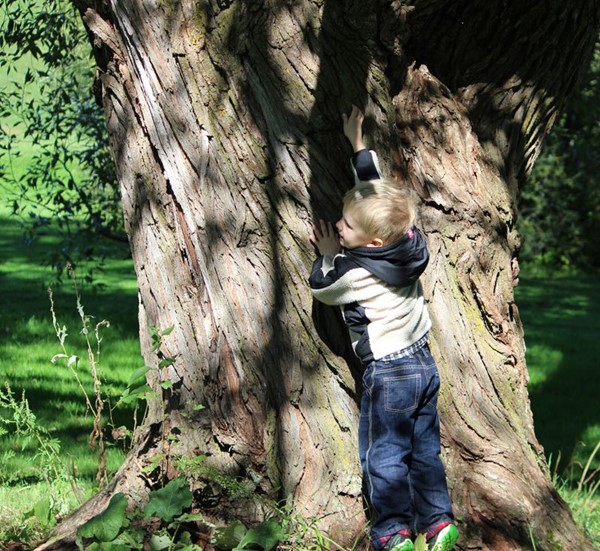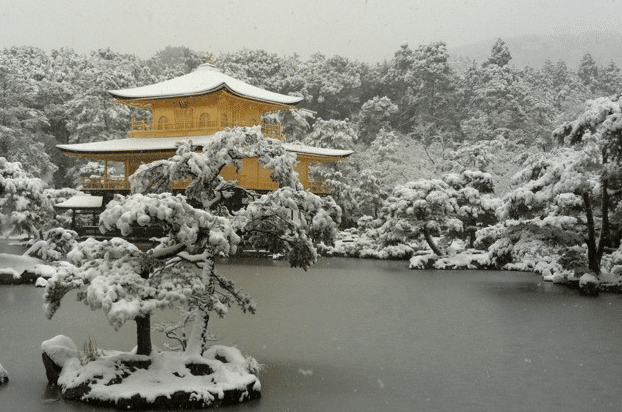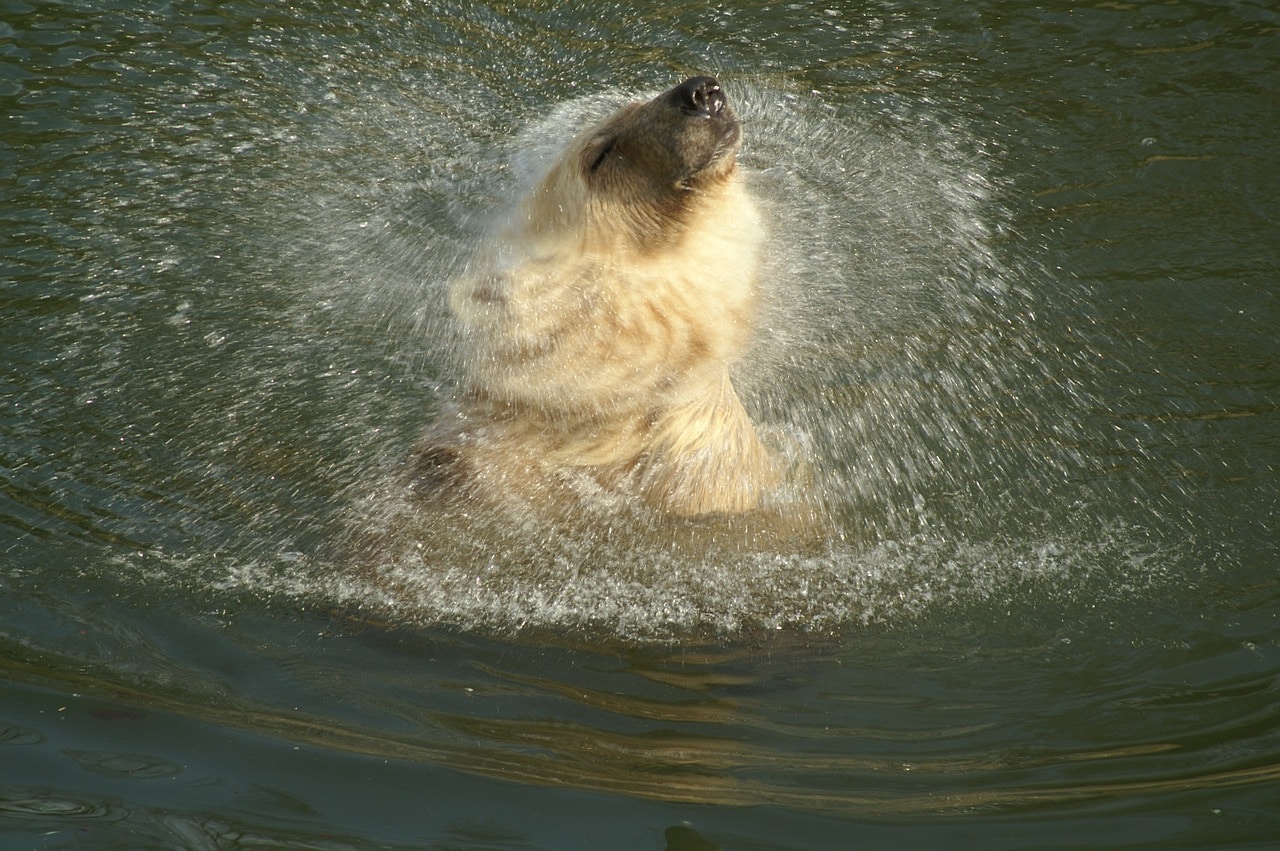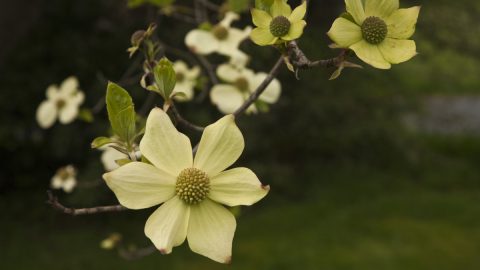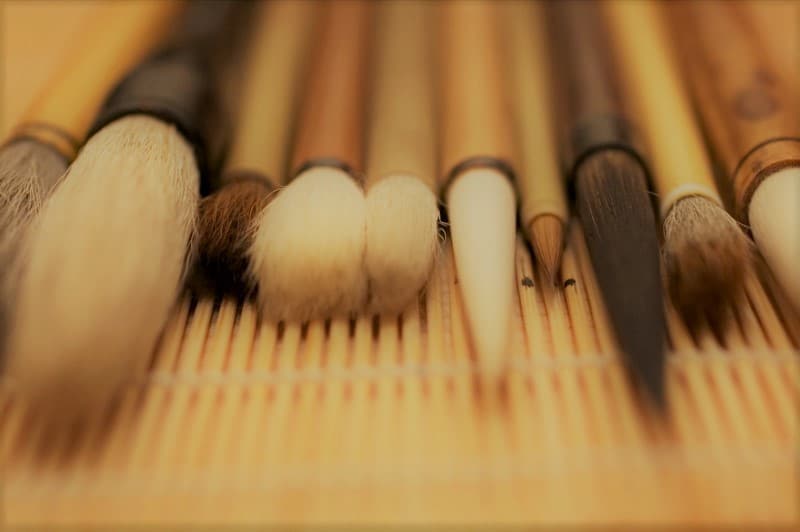“I always forget how important the empty days are, how important it may be sometimes not to expect to produce anything, even a few lines in a journal. A day when one has not pushed oneself to the limit seems a damaged, damaging day, a sinful day. Not so! The most valuable thing one can do for the psyche, occasionally, is to let it rest, wander, live in the changing light of a room.” -Poet May Sarton Source: Journal of a Solitude on the importance of rest.
This more or less fits with the notion of moodling, a word my American grandmother used as did Brenda Ueland, a brilliant and visionary writer. Ueland recommended that her writing students take an hour every day to stroll by themselves, daydreaming, staring at the clouds, and listening to the sounds of the birds. No agenda. nothing to produce.
Recently, I facilitated a webinar on this topic, Practice Doing Nothing, inspired by a favorite physicist at MIT, Alan Lightman, who wrote a book called In Praise of Wasting time.
Stopping
One lesson I learned from my diagnosis of cancer was to “stop what I was doing.” My body pushed the pause button immediately on the ski weekend in Fernie, British Columbia, where I had planned to go that very day and all other immediate plans came to a grinding halt. Yet, shortly thereafter I was in overdrive, learning everything I could about my particular cancer and attending to one appt after another at breakneck speed for the next three weeks. Finally, I climbed up on the gurney for my mastectomy and I stopped. I rested.
It didn’t last but I’ve never given up.
Over my lifetime my best method for restfulness was Sundays but it was hard to maintain as the world of work demanded seven days a week. However, I re-discovered Sundays in Austria and Switzerland where on Sundays everything was closed. (except the restaurants) It was inconvenient to run out of toilet paper, but it only happened once. Stores closed at noon on Saturday and opened Monday at 8AM. I adapted quickly.
The first thing I noticed living there for ten months was this: every Sunday entire families of all ages were out walking. Leisurely but long strolls. Maybe a 90-minute walk (one way) from one village to the next on a walking path, ending up at a café where you had coffee and the best apple strudel. Chatting, laughing, fresh air…NO ONE RUSHED
I haven’t traveled far and wide but in that corner of the world, slow time was honored. Businesses closed for two hours at lunch. And in the mountain village, where we spent the winter, you would see the people who just waited on you at the apothecary flying down the hills on their skies at lunchtime.
If you visited with someone on a Sunday afternoon there would invariably be singing and a drink of schnapps and a slice of torte.
The pace of grace
When I decided to reclaim my Sundays – My Sabbath- I noticed that I initially planned an agenda – packing in as much as possible for that day. Being efficient and productive with leisure time is a common trap.
Or even walking– not taking a lovely long walk for the sake of the walk, but “training” to walk that 1/2 marathon in two months or getting my steps in. Nothing wrong with either of those two things but a moodling walk is completely different.
Oliver Burkeman, who wrote Four Thousand Weeks reminded me about this when he described leisure itself as “one more chore if it is used to prepare for a future event…spending time being idle is not a sin nor are you lazy to do so…A country walk does not require any skill whatsoever. And you don’t need to improve… It doesn’t require a purpose. You may loop around and come back the same way or try a secondary path, but you aren’t going shopping or picking something up or mailing a letter. You’re just out for a walk. Side effects: getting more physically fit, but that’s generally not the idea of a stroll by the seaside. There is no endpoint to walking. In other words, you’re just walking.”
I think about these wise people as winter turned into summer, overnight, here in Ottawa. Overnight the magnolias and tulips are all in bloom. The trees have leafed out and there are a hundred shades of green. This is the time to get outside and take advantage of a beautiful warm day with blue sky and sunshine. Don’t miss this. Revel in the beauty of nature. Don’t put this wonder at the bottom of the list, for when everything else is done.
We can practice doing nothing. Resisting the urge to fill every minute productively.
Things I love to do with no value to others
- Lying in a hammock, reading, and falling asleep.
- Sitting on a sandstone rock by the coast Salish sea simply enjoying the breeze, the birds, the waves, not thinking grand thoughts. Not meditating, just experiencing the moments.
- Sometimes riding my bike on a stretch of road that goes nowhere but I love the gravel and the canopy of trees, and I feel great just going back and forth a few times.
- Staring at the red cardinal directly outside my study window.
- Looking at our new puppy sleep.
- Playing with my sketching pencils and watercolors. (no longer wanting to get good)
It sounds strange perhaps to consider doing nothing because we are still doing something. But we are practicing not letting our well-trained minds just keep bossing us along from one thing to the next as though that is the most important thing to do with this moment.
Meaning
Is it unproductive to stare at the moon? Is there meaning when we are ill or frail and no longer able to produce like we used to? Are we doing nothing when we sit and watch a baby sleep? Or put our feet up and get lost in some music? Or to sit with a friend or loved one in silence? Simply enjoying the quiet of that moment. A useful practice is to stop living for the future and at least once a day simply enjoy this moment.
May is a good time to give it a try if you are out of the habit. I hope you enjoy many moodling moments.
Warmly, Trudy
PS I just calculated my remaining days from 30,000 and discovered I have 2366 left. Somehow this surprised me. Where did the last 1000 days go? Then I divided those days by 7 and see that I have 338 weeks. Next the seasons – about 6 1/2. This is getting up close and personal with the notion of mortality. I LOVE the work I do and the life I lead and I want to keep doing it for as long as I can. However, I no longer burn the midnight oil or the candle at both ends. (most of the time) Furthermore, I want to continue to do work I love and still be able to smell the roses and moodle a little every day. It’s possible and I will keep trying. I believe it’s worth the effort.

